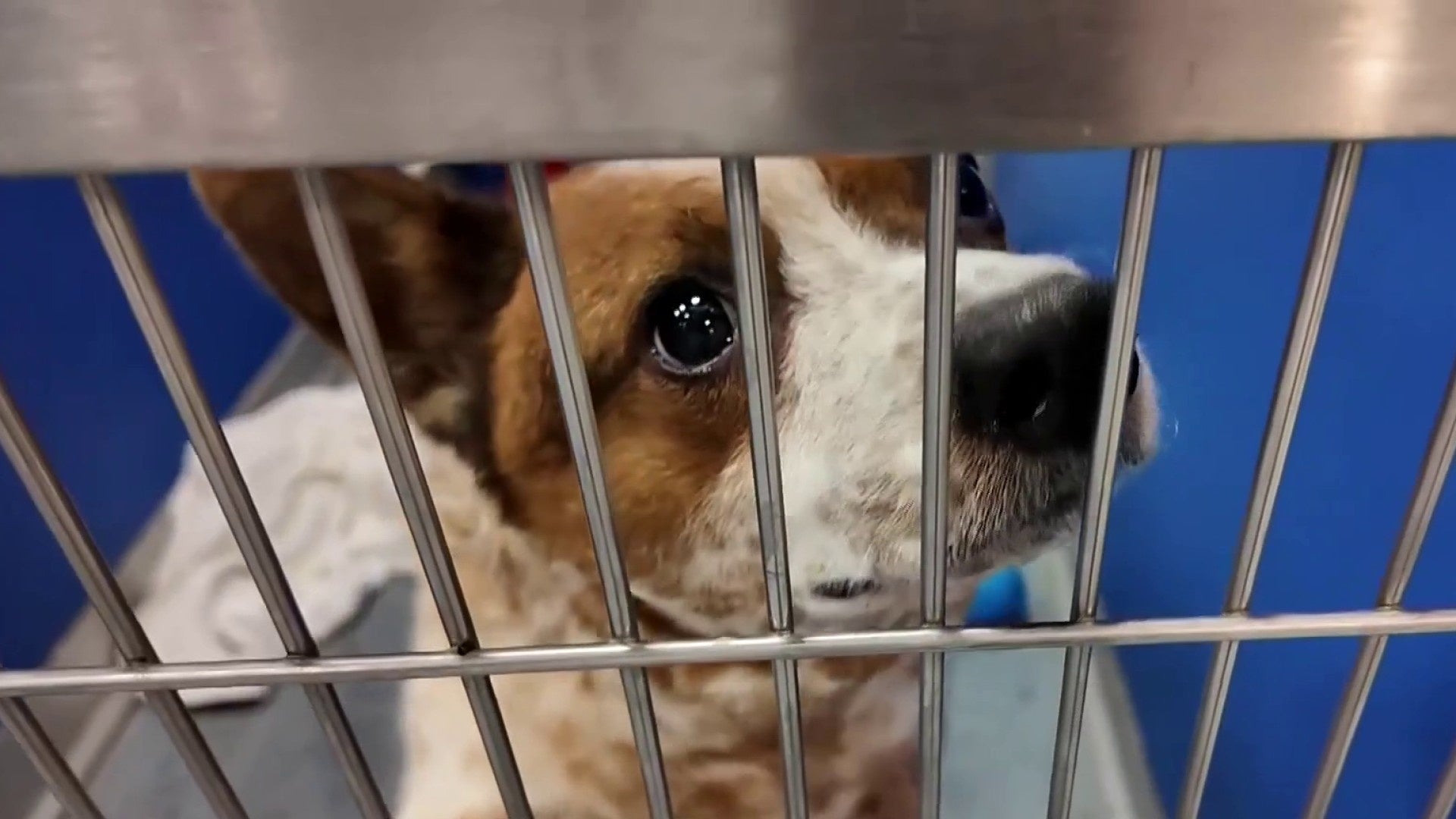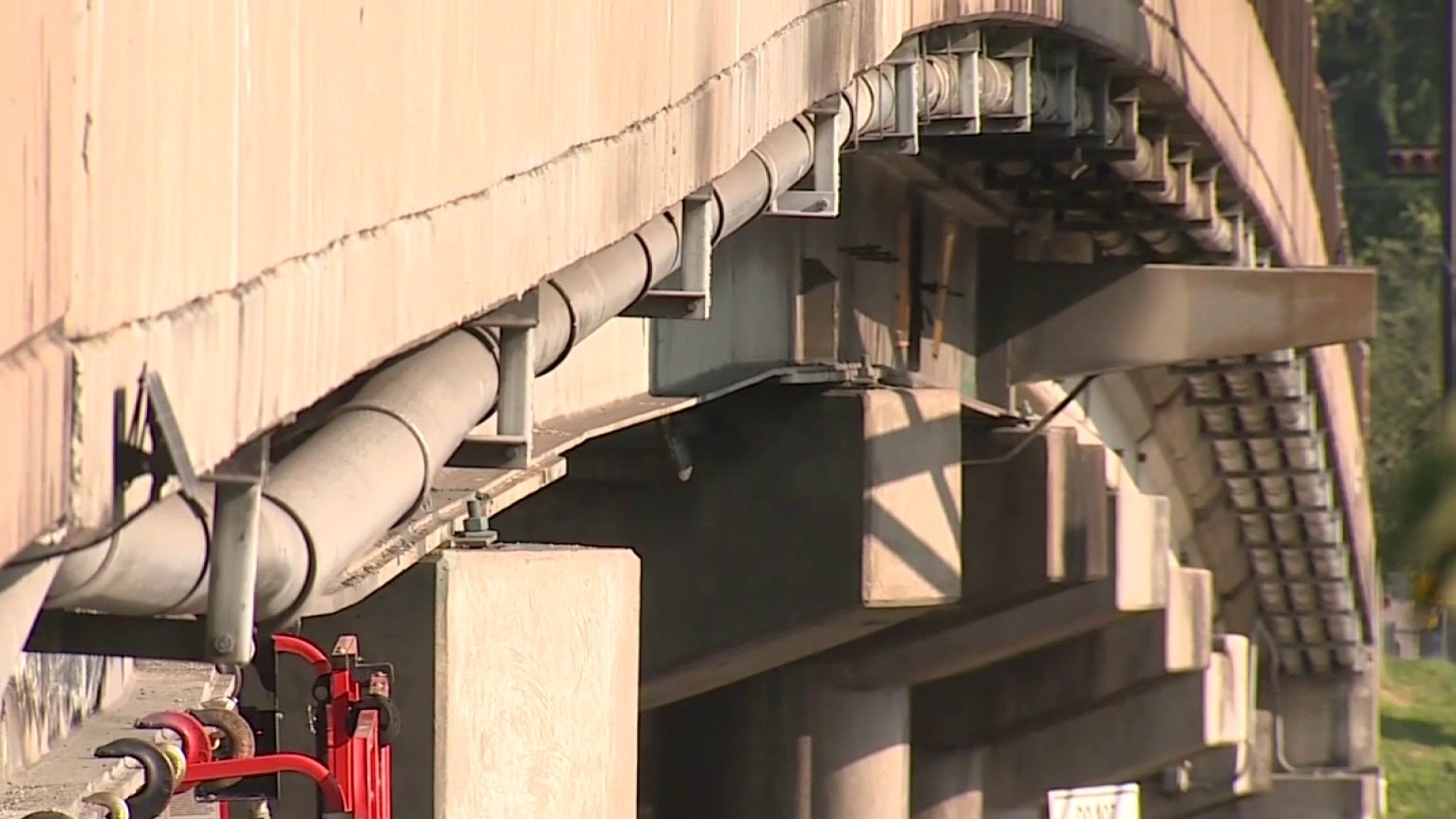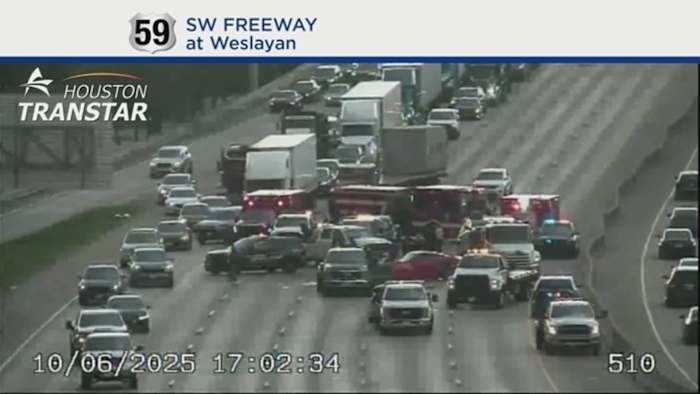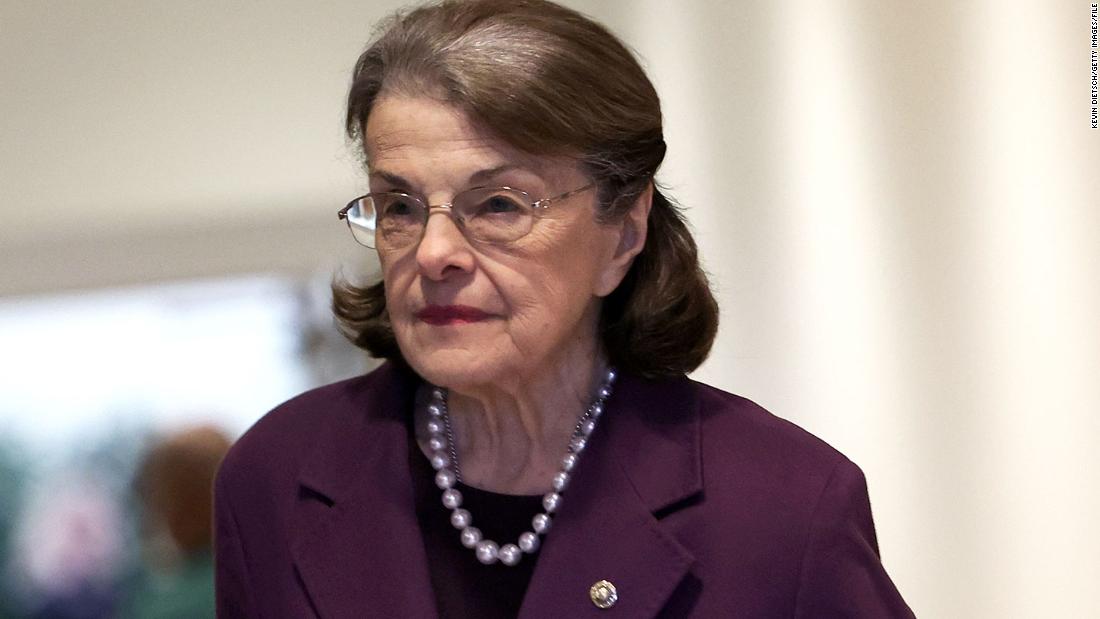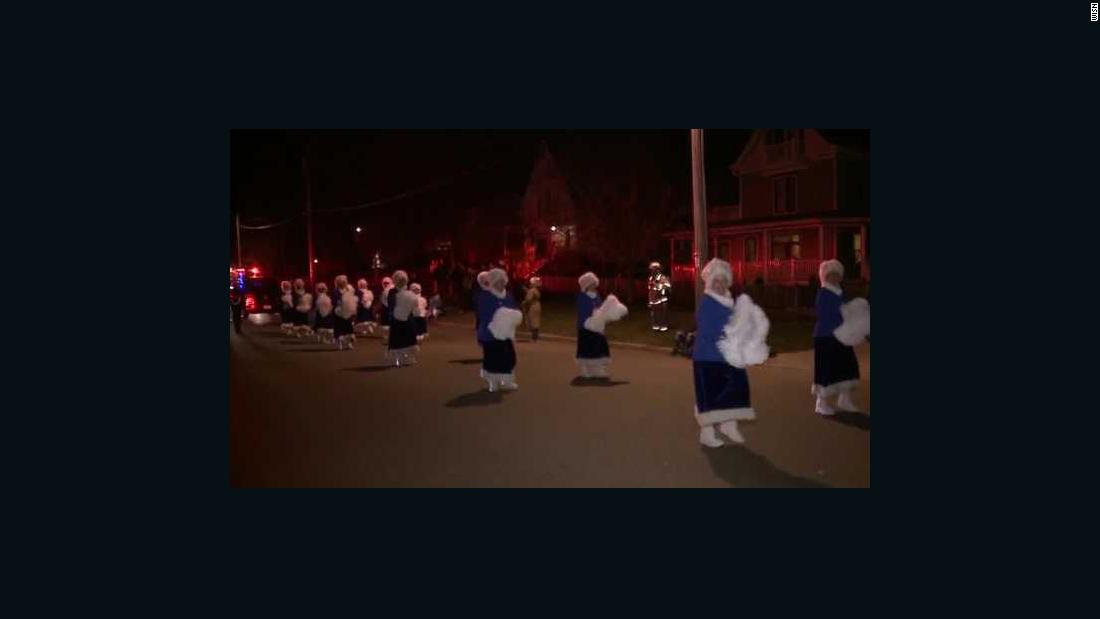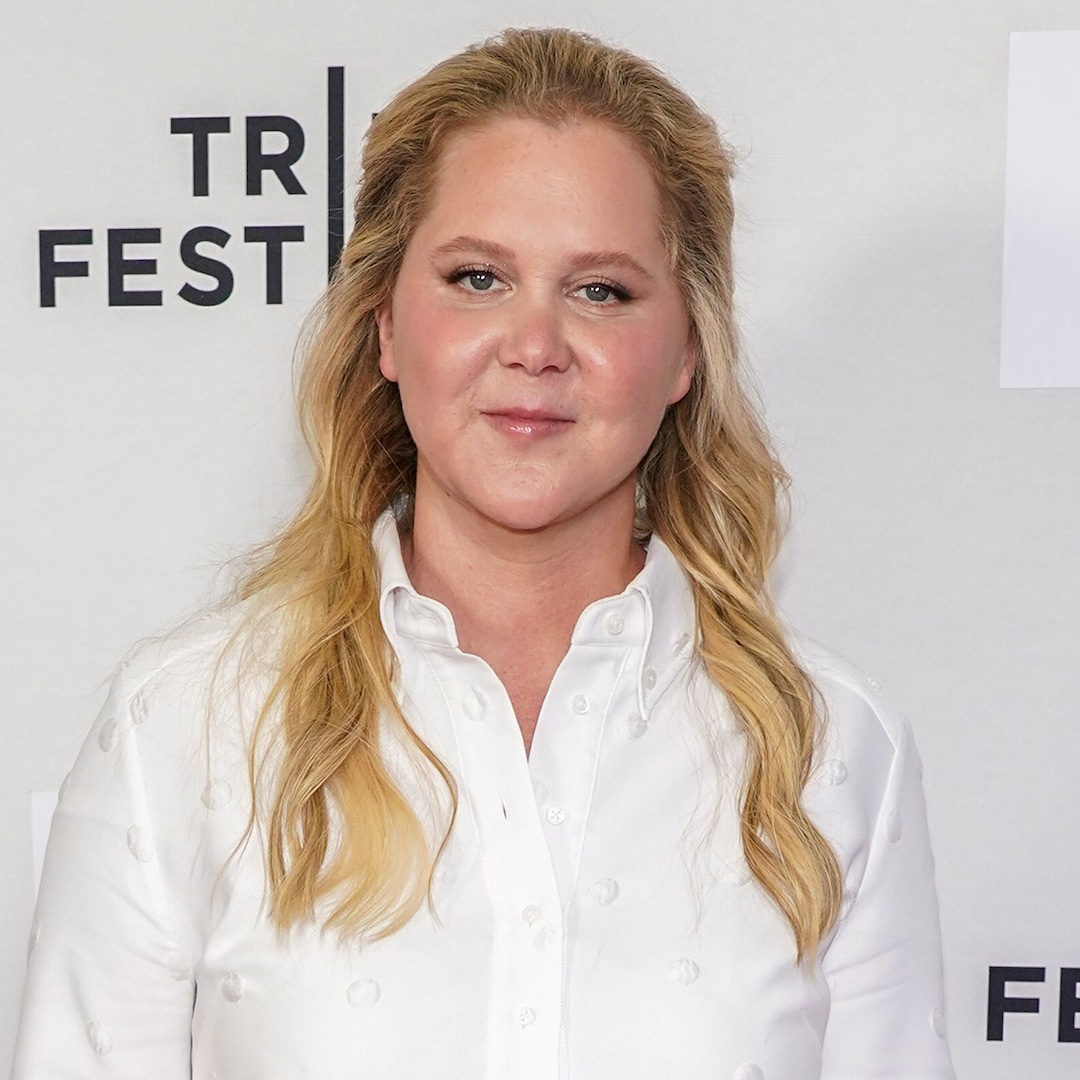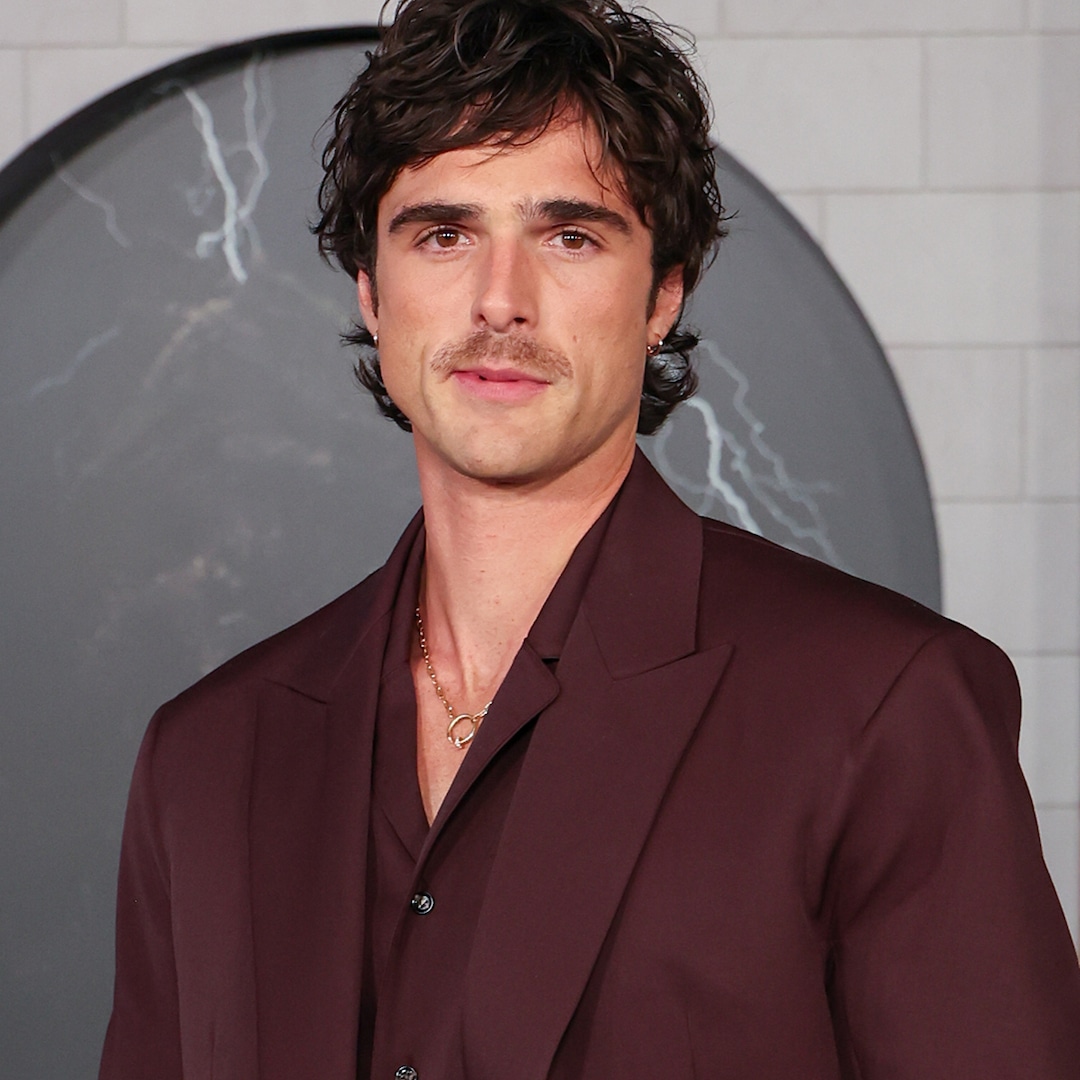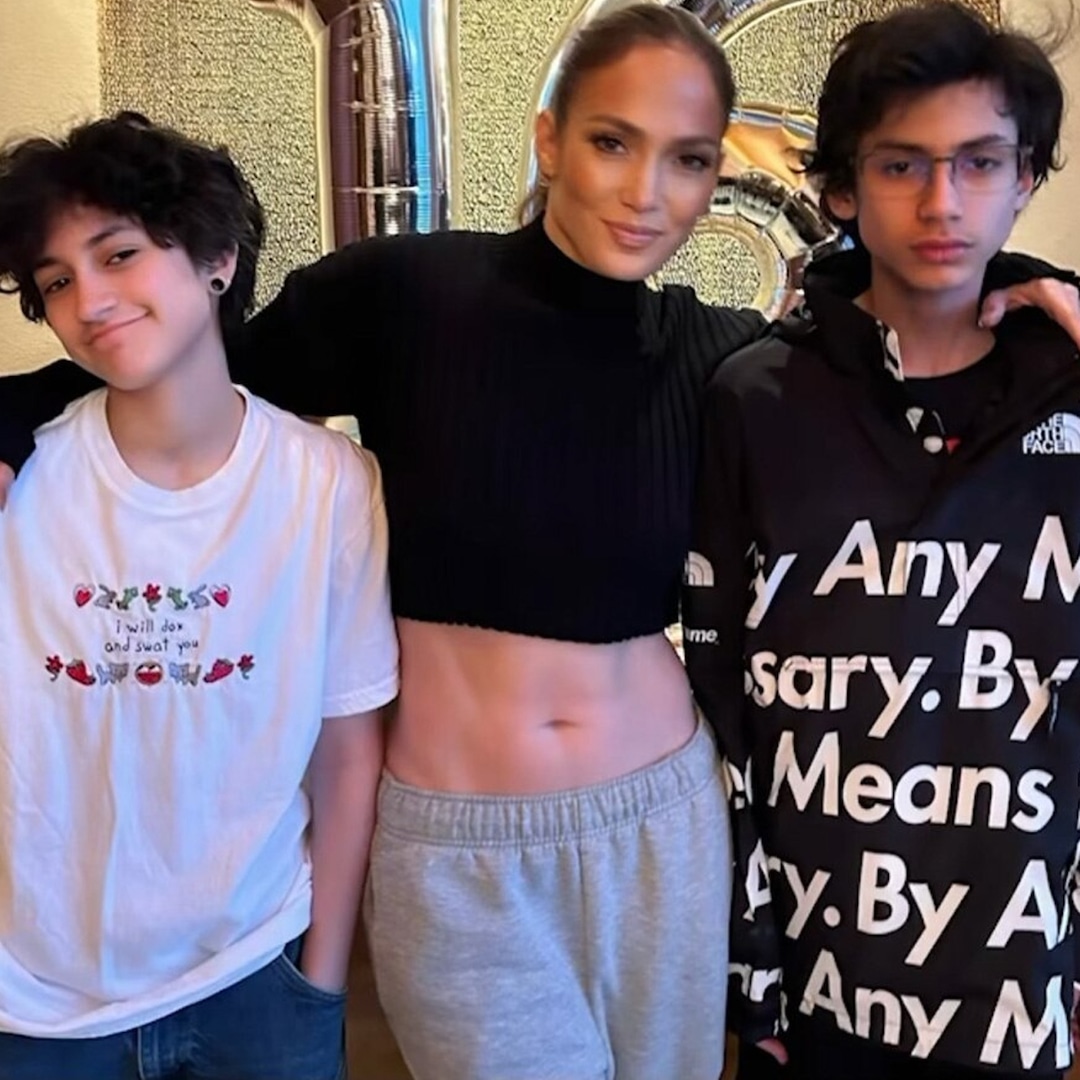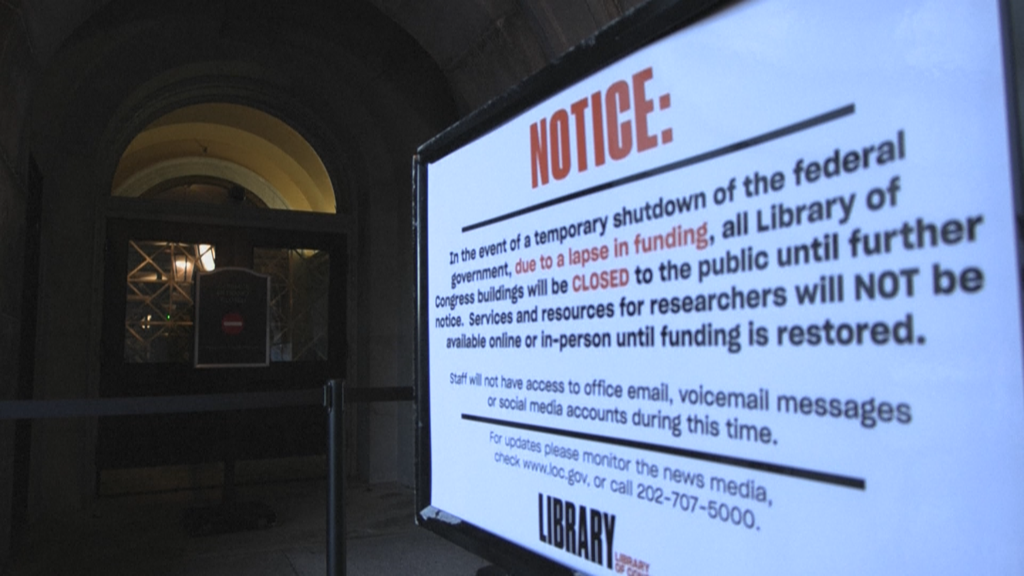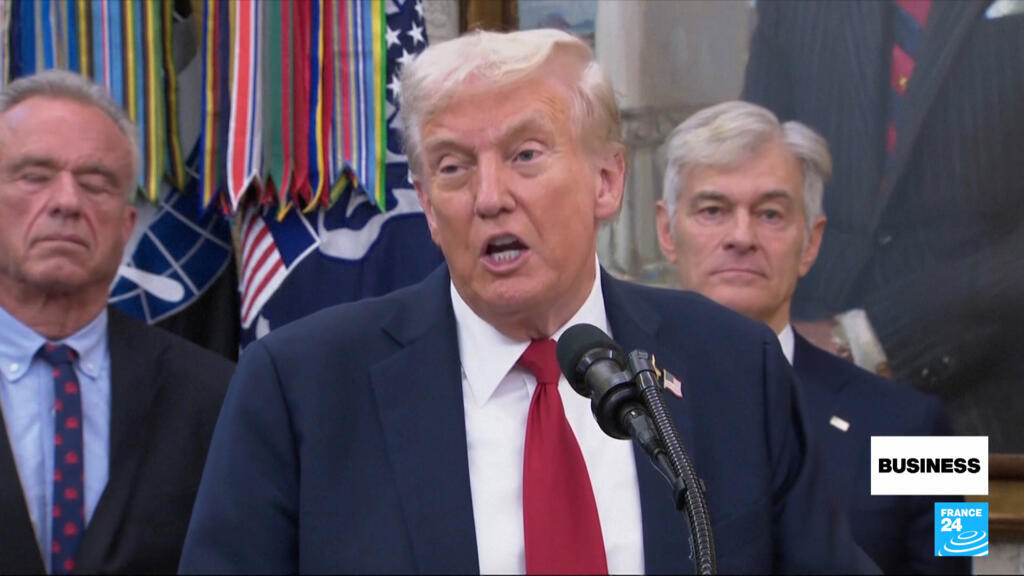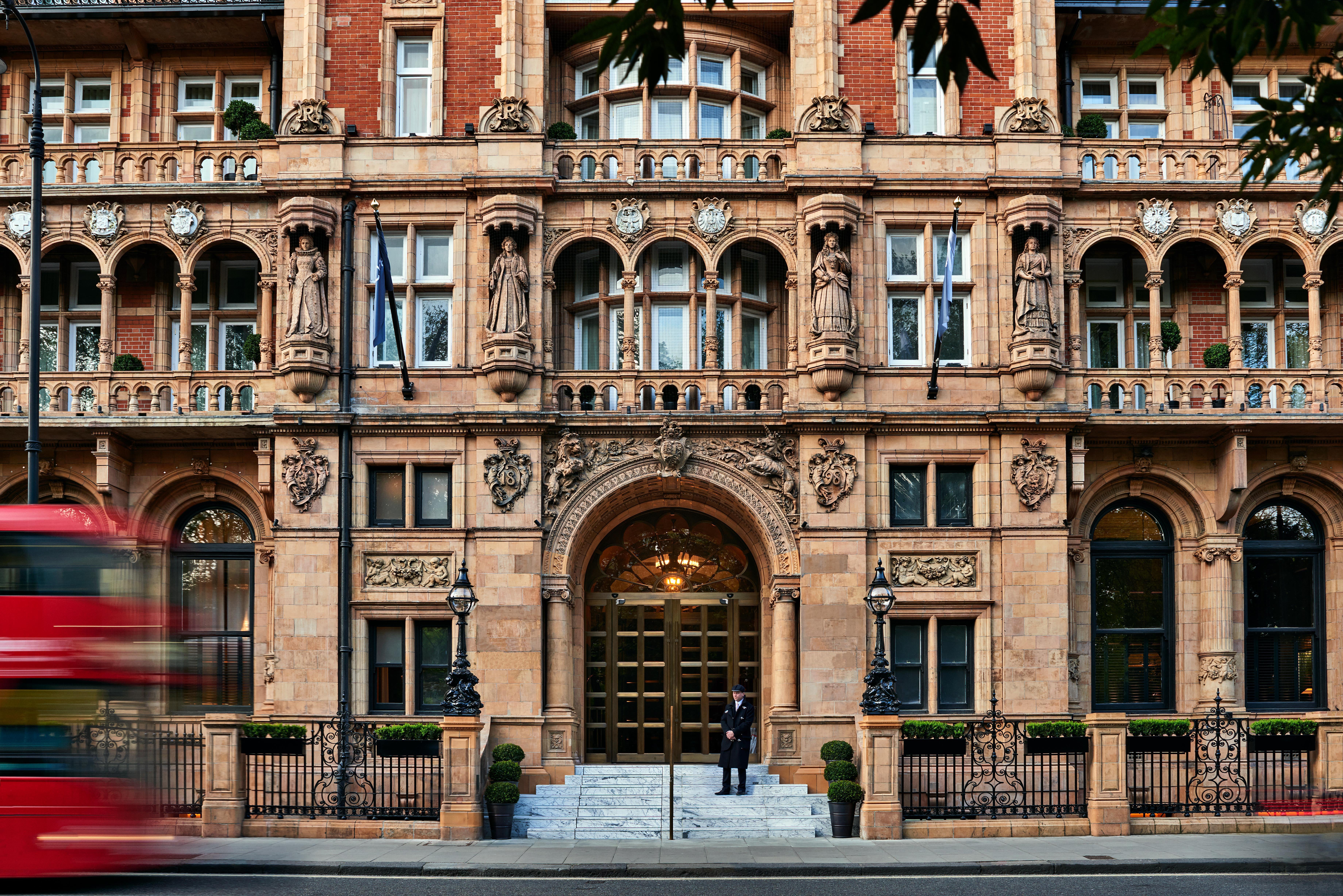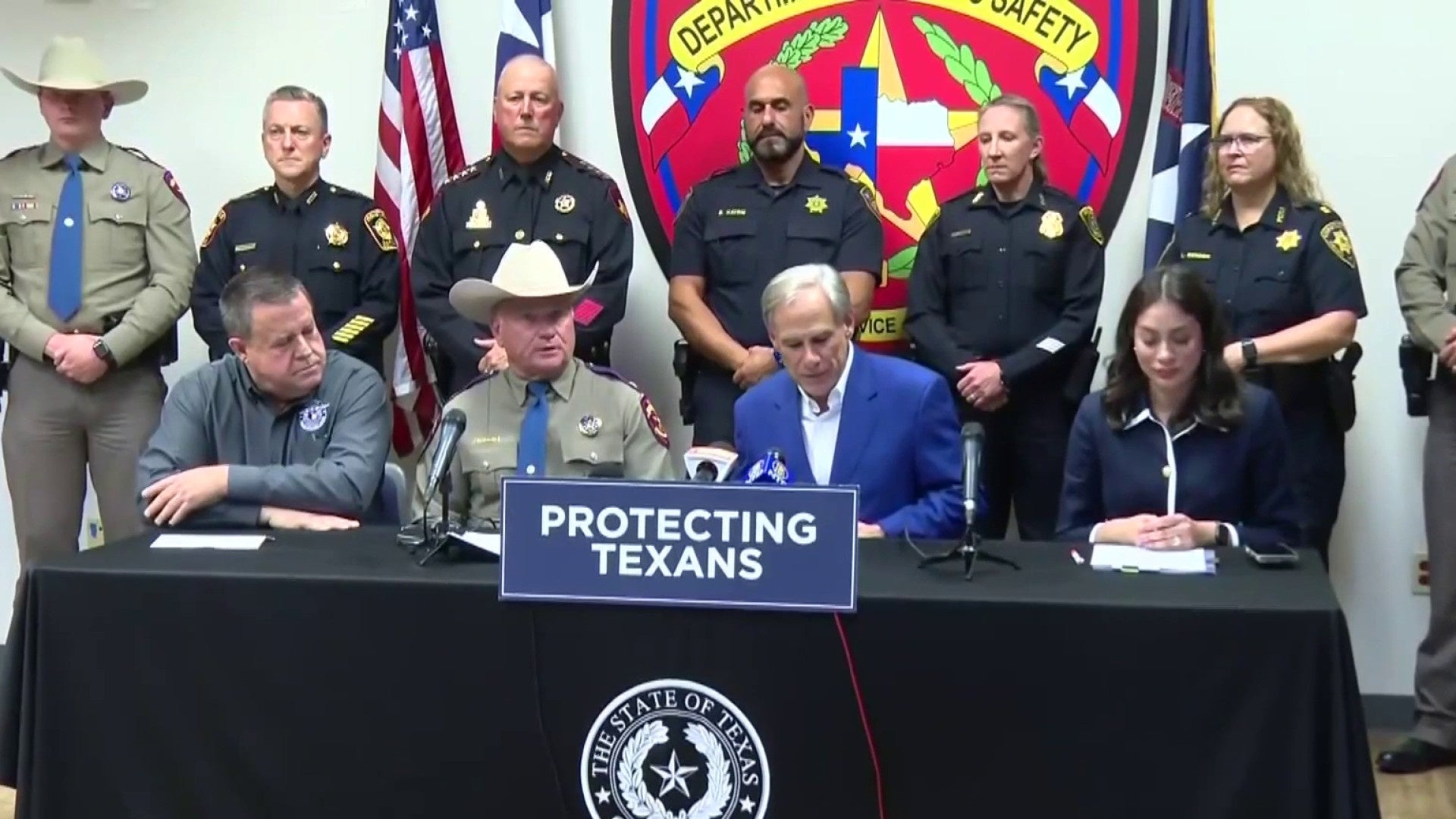Jurors hear details about Sarah Hartsfield’s troubled past, relationships, and alleged dangerous behavior
The first week of Sarah Hartsfield’s murder trial has been nothing short of dramatic, with testimonies painting a picture of family tensions, medical mysteries, and a past steeped in controversy.
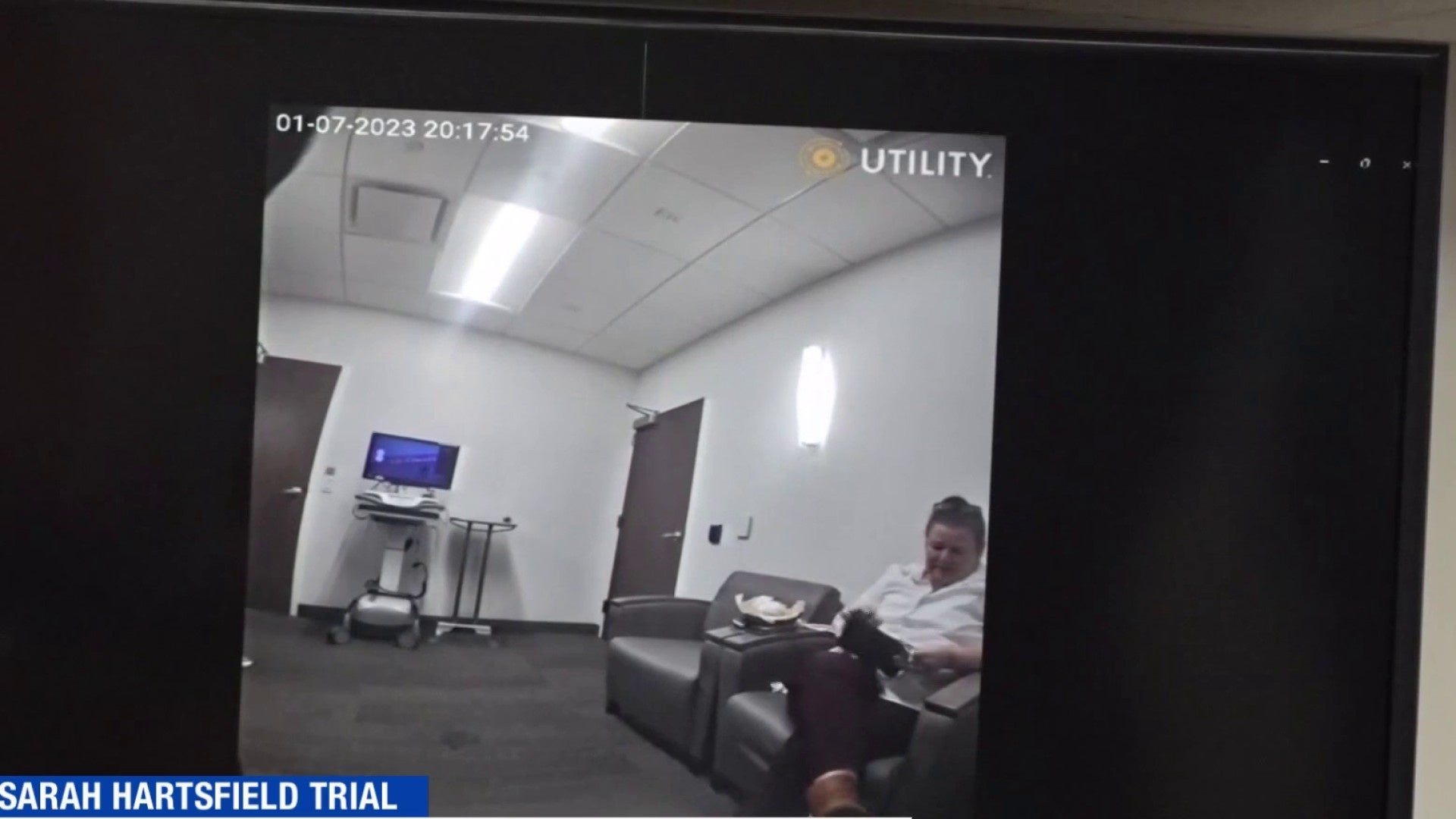
The first week of testimony in Sarah Hartsfield’s murder trial has been filled with testimony from family, heated exchanges, and detailed medical records as jurors heard competing stories of how Joseph Hartsfield died.
The state opened its case by calling Joseph’s mother and sister, who described their family dynamics, emotional text messages from Sarah, and their belief that Sarah blocked them from being at Joseph’s side in his final moments. Prosecutors also brought up Sarah’s past, including a previous deadly shooting, painting her as manipulative and dangerous.

By mid-week, testimony turned heavily to Joseph’s medical history. Jurors saw years of hospital records documenting his struggles with type 1 diabetes, uncontrolled blood sugars, and repeated admissions for diabetic ketoacidosis. Medical doctors and nurses both testified about his insulin pump, glucose monitor, and the dangerous levels of insulin discovered in his system at the time of his death. Doctors and nurses who treated Joseph in his final hours said he was critically ill and unresponsive when he arrived at the ER, and despite efforts to stabilize him with glucose, nothing seemed to work.
For the first time, jurors also saw Sarah Hartsfield’s initial interview with Chambers County deputies, a 17-minute body camera clip recorded as her husband was unresponsive in the hospital. At times, the video showed Sarah getting emotional, telling deputies she gave Joseph two insulin pens at his request the night before, and that she had been in and out of sleep but heard his glucose monitor sounding alerts for low blood sugar. She admitted feeling guilty that she didn’t do more to help him.

Thursday testimony closed with a Minnesota investigator recounting the 2018 shooting death of one of Hartsfield’s former partners.
At least 10 witnesses have taken the stand so far, though the state’s list includes more than 80.
As the trial continues, jurors are expected to hear even more from medical experts, law enforcement, and possibly Sarah Hartsfield herself, as both sides fight to convince them of what happened inside the couple’s Chambers County home.
11:41 a.m. - Jury dismissed for lunch
Titus Knoernschild, Sarah Hartsfield’s first ex-husband, testified about their high school relationship and marriage. He said they dated in high school and were married for two years starting in September 1993. He described the relationship as “tumultuous” and said they “fought a lot.”
Titus said he moved out of the home while his ex-best friend moved in. He tried to end the relationship and began dating someone else, but Sarah found out and told him, “I don’t leave her; she leaves me.” Titus said this made him feel like “something would happen” to him.
Titus told jurors he believes Sarah tried to set his home on fire in 1995. He said he and his now-wife were watching a movie when gasoline had been splashed on the trailer, and his wife saw Sarah “running away.” Titus said he thought Sarah “was trying to get even.”
Titus said he was frightened of Sarah because she “cares about herself and money” and “if I would have died, she would have gotten money” because the two were still married. When asked if Sarah intentionally tried to harm him, Titus said yes.
On cross-examination, he reiterated, “It is my testimony that gasoline was on the trailer and my girlfriend, now wife, saw her running away.”
11:29 a.m. Stuart was released from the stand. Titus Knoerschild, Sarah’s first husband, is called to the stand
11:23 a.m. - Anderson was released from the stand. The 17th witness, Barb Stuart, Sarah’s foster mother when she was a teenager, was called to the stand
Barb was only on the stand for a few minutes, testifying that Sarah Hartsfield had been a foster child with her from around ages 12–13 for three to four years. She said the last time they spoke was in 2018.
Barb told jurors that Sarah took a lot of furniture and antiques from their grandmother’s home and that she “was not happy” her brother had inherited the home because she wanted it.
On cross-examination, Barb said she did not know that Sarah had married Joseph Hartsfield and did not know how Joseph died.
The witness was dismissed, subject to recall.
10:56 a.m. - Smith was released from the stand. The 16th witness, John W. Anderson, an FBI agent, was called to the stand
A special agent with the FBI with more than 20 years of experience, who previously served in the Army, testified about an alleged murder-for-hire plot linked to Sarah Hartsfield. Anderson said the investigation began when an attorney in Killeen, Texas, was contacted by David George (Sarah’s ex-boyfriend), who said he had been coerced and hired by Sarah to kill Heather Donohue, the wife of Sarah’s ex-husband, Christopher Donohue.
Anderson said he interviewed the attorney, then coordinated with the Minneapolis FBI to interview George. The investigation corroborated George’s statements through interviews with Sarah’s children, her ex-husband Christopher, and a lady by the name of Pamela Sue Ellis, as well as surveillance video. The video, from a Ring camera at the Donohues’ home in Sierra Vista, Arizona, showed a man delivering flowers. George later told the FBI he had traveled to Arizona to deliver the flowers and that he was instructed by Sarah to kill Heather Donohue.
Anderson testified that George said Sarah wanted Heather removed because of a custody battle and that if she was out of the picture, Sarah could “come in and pick up the pieces.” The agent said George did not explain why he went along with the plan, but appeared “petrified” of Sarah.
George later recanted that Sarah had anything to do with the murder-for-hire plot, claiming the plot was fabricated, and he was upset at Sarah for accusing him of cheating, and that he had been manipulated by Christopher Donohue to make up the story.
Based on the recantation, the U.S. Attorney’s Office rejected charges.
The agent testified that at least four agents and one task force officer were involved in the investigations, and that George appeared to be working on Sarah’s behalf and “wouldn’t have done that at all if it weren’t for Sarah.” The agent said that the FBI “took it very seriously” but had no control over what charges were accepted by the U.S. Attorney’s Office.
The defense asked questions, but only to remind him that the FBI was not involved in Joseph Hartsfield’s case.
The agent said the first call regarding the investigation was made on March 19, 2021, and was then excused.
10:26 a.m. - Swart was released from the stand. Sarah Hartsfield’s brother, Cody Smith called to the stand as the state’s 15th witness
Cody Smith described the night their grandmother’s house caught fire. Cody said he last saw Sarah in 2014 while they were cleaning out their grandmother’s home after her funeral. He said he and his wife “let Sarah have what she wanted” from the house. The home had been left to Cody in the will, and he had been living there with his wife and grandmother before she passed.
Cody said Sarah took items to a storage shed. While a nephew, around 10 or 11, was visiting and fell asleep on the couch, Cody went to bed around 10:30 p.m. He said he opened his eyes to a haze and smelled smoke. Cody said the fire was in the grandmother’s room, which had been cleaned out, and that the old farmhouse floor made it difficult to put out the fire. Cody said he “passed out a bit,” and woke to his wife’s voice. The nephew had burns on his ears, nose, and chin, and was hospitalized with smoke inhalation.
Cody called Sarah about half an hour after the fire department left. He said she seemed alert and told him, “Well, I’m still here, so whatever you are trying to do didn’t work.” Sarah told Cody she “didn’t do anything” and seemed surprised the nephew had been there. Cody also noted the family dog, Fluff, was missing, and a will kept in a safe was gone.
A fire investigator came to the scene but could not determine the origin due to “too many hotspots” around the house. Cody said he never called the police but did speak with a fire marshal; Sarah was never arrested.
Cody later filed an insurance claim for the house and was paid.
On cross-examination, Cody said Sarah had taken everything out of the grandmother’s room and had wanted to be amicable so that she was satisfied. He said drapes and walls were on fire and that he lost sentimental items, which he said he “wanted instead of insurance money.”
Cody told jurors he does not know who, how, or where Joseph Hartsfield was killed.
10:02 a.m. - Williamson released from the stand. The 14th witness, Doris Swart, David Bragg’s (Sarah’s ex-boyfriend she said she killed in self-defense) mother, was called to the stand
On the stand, Swart described Sarah’s relationship with David Bragg as “tumultuous.” She said Sarah would often call or text about the relationship, which ultimately ended in David Bragg’s death.
Swart testified that before Bragg’s death, Sarah was in Texas while Bragg was in Minnesota. When Sarah returned to Minnesota, Bragg lived only three more days, according to his mother. Swart said Sarah told her the first two days were “bliss,” but by the third day, Sarah claimed Bragg had “lost his mind.”
Swart told jurors Sarah admitted giving Bragg Ambien to help him sleep and, at times, Ritalin “to give him energy/focus to rebuild the house,” though it was not prescribed. Swart said she was worried about the Ambien and night terrors.
Sarah told Swart that one night she returned to the house to find the doors locked. She claimed Bragg eventually opened the back door, threw her against the wall, and grabbed her by the throat until she said, “Dave, it’s me!” According to Sarah, Bragg apologized and acted like he didn’t know what happened. Sarah said she left, picked up her daughters, and came back with them in the car. She told Swart she took two guns out of the car, one in her hand and one in her pocket — as a “show of force.” Sarah claimed Bragg took one of the guns, threatened her, and as she went upstairs to get clothes, Bragg shot towards her and she “closed her eyes and started shooting.” Bragg was shot five times in the chest.
Swart said she initially believed Sarah because she knew her son suffered from night terrors, but later she said she started to question her story because she knew her son was an avid firearms user who “always had a clip in his gun.” And would have noticed if the gun he was holding did not have a clip. Three days after the shooting, Swart saw Sarah, who told her she was sorry Swart had to spend Mother’s Day traveling to Minnesota because David Bragg was dead, saying “it had to be the worst Mother’s Day ever.”
Swart said she stayed in Minnesota for three weeks. At the funeral home, she recalled Sarah crying, touching Bragg’s body and saying, “why did you make me do that?” Swart said Sarah “was not hysterical” and soon “seemed to move on,” going shopping often.
Swart testified that Sarah later told her she went to her grandmother’s house after the funeral, took belongings, then returned and burned the house down “to keep brother from having it.” Swart said she thought that was “really weird.” She contacted county law enforcement, but they told her the case was already closed.
On cross-examination, defense attorney Case Darwin pointed to a decline letter that noted “limited bullet hole trajectory analysis.” He also emphasized that David Bragg “made his own decisions about what medicine to take.”
On redirect, prosecutors highlighted Sarah’s military training, saying she knew to aim for “center mass.” Swart agreed Bragg was a very good shot, which made “the bullet hole in the ceiling” suspicious. She also said she wasn’t surprised law enforcement didn’t pursue the alleged arson of the grandmother’s home.
Swart added that she went back to Minnesota twice more to help Sarah unload furniture she had moved from Texas.
She testified she did not know Joseph Hartsfield and did not know how much insulin he used.
9:28 a.m. - Cross-examination of Williamson begins
During cross-examination by Case Darwin, he asked Williamson if his client, Sarah Hartsfield, had denied being involved in the alleged murder plot against Heather, to which she answered yes.
Hannah testified that on March 13, 2023, she spoke to a detective about Sarah’s case. She said she talked to officers when Sarah’s bail was being negotiated, and also spoke to the detective on the phone. Hannah said her priority was “safety of the kids and bail bond amount.”
Back on questioning by the state, Hannah told jurors she never knew David George’s first name. She said Sarah wanted George to recant his statement to the FBI and that George was coming to the Texas house to discuss it. Sarah even sent Hannah a copy of the recant. Hannah said it concerned her because “recant was a lot like the letters going to the case manager.” She told jurors she worried the situation was “getting into federal territory; breaking laws,” and that she was concerned George could retaliate against Sarah. She also said it appeared Sarah was “being manipulated by holding the opportunity to come back to her by signing a recant.”
Case Darwin pressed on the recant, pointing out that in it, Sarah said she wasn’t involved. Hannah confirmed George ultimately said Sarah had nothing to do with it, and that he wrote the recant while sitting with Sarah. She testified she hasn’t heard from George since, but had concerns he might harm Sarah.
On redirect, the state asked about Sarah’s relationship with George after the recantation. Hannah said Sarah and George didn’t get back together because Joseph Hartsfield was already in the picture.
The witness was then dismissed.
9:07 a.m. - Hannah Williamson, Sarah Hartsfield, a former friend who was stationed with her at Fort Hood. Williamson is the 13th witness to take the stand
Hannah called her decades-long friendship with Sarah Hartsfield “very, very close.” She said Sarah even named a child after her and trusted her with her children.
Hannah testified that she met Joseph Hartsfield before he married Sarah. She said the relationship seemed surprising, a “rush to get married,” saying that she expected to see them “closer/canoodling/affectionate” but instead they “sat apart, across the room” and she “didn’t hear any terms of affection.”
Hannah told jurors that Sarah expressed concern for Joseph. At the beach house, she said, an argument over “something embarrassingly trivial” led to Sarah becoming angry and leaving. Hannah said she worried for Joseph’s safety after seeing a “lightning-fast change” in her friend.
Jurors also heard about Sarah’s account of the 2018 shooting of David Bragg. Hannah testified that Sarah told her she acted in self-defense, firing “until the gun emptied.” She said she was shocked that Sarah had never mentioned it before and felt that Sarah was treating her like she was “dumb,” while telling her such a bizarre story of how the shooting happened. Hannah said Sarah even bragged that police “barely questioned her” and let her ride in the front seat of the patrol car after the shooting.
Hannah also recalled Sarah describing George as the “love of her life.” She said Sarah told her about a plot involving George, her ex-husband Chris, and her daughter Hannah - a plot to kill someone. She called it “ludicrous” and a “far-fetched theory.”
Hannah testified her biggest concern was Sarah harming herself at that time: “I’m always thinking, this is a friend of 20 years that I love. What if this is a 1% chance that this is true? Her committing suicide was my number one concern.”
Hannah said she later tried to warn Joseph Hartsfield, spending an hour searching for his phone number and only finding his parents’. She testified she was “frightened Sarah would know” she was reaching out, and told jurors she is still “frightened to be here now.”
9 a.m. - Court in session
